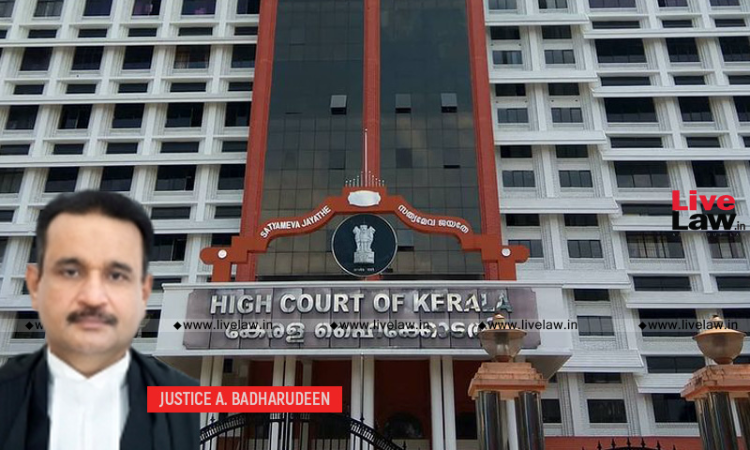Dowry Death | S.113B Of Evidence Act Casts A Reverse Burden On Accused To Disprove Prosecution Case: Kerala High Court
Hannah M Varghese
3 Aug 2022 10:11 PM IST

This reverse burden shall be discharged based on the preponderance of probabilities.
Next Story


